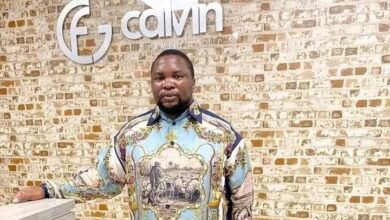How Repurpose Schoolbags Turned Waste into Opportunity: Lessons from Thato Kgatlhanye’s Innovative Journey
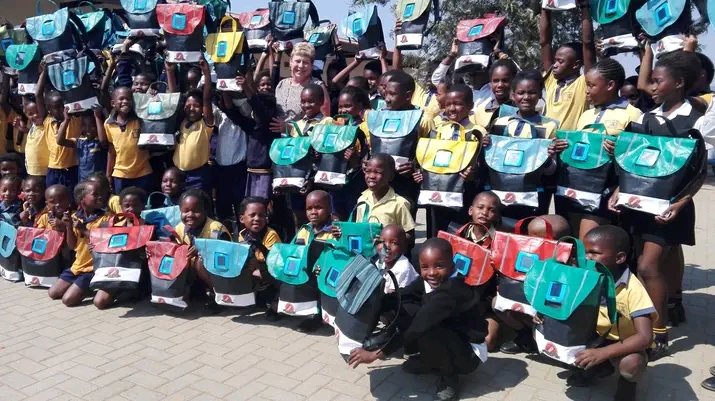
How Repurpose Schoolbags Turned Waste into Opportunity: Lessons from Thato Kgatlhanye’s Innovative Journey. Thato Kgatlhanye founded Repurpose Schoolbags with a clear mission: to transform waste materials into durable schoolbags for children in need, while simultaneously addressing environmental challenges. This unique vision has driven the brand’s journey from a small social enterprise to a recognized force in sustainable innovation. The story of Repurpose Schoolbags reveals valuable lessons about strategy, resilience, and innovation that aspiring entrepreneurs can learn from.
The Birth of a Purpose-Driven Brand
Repurpose Schoolbags began with the idea of turning discarded materials into something valuable and meaningful. Thato identified two pressing issues in South Africa: the lack of quality school supplies for many children and the environmental harm caused by plastic waste. Combining these challenges into one solution laid a strong foundation for the brand.
This purpose-driven approach attracted support from communities, schools, and partners who resonated with the mission. It was clear from the start that the brand’s success would be rooted in more than just profit, it would be about impact.
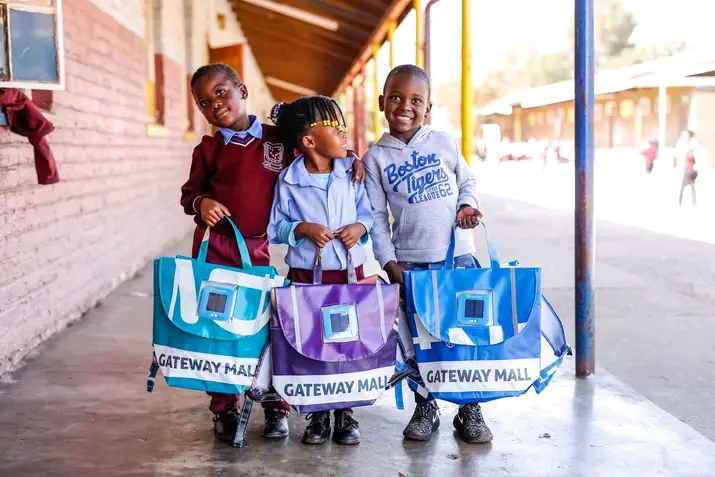
Early Milestones: Building Trust and Capacity
One of the first major milestones for Repurpose Schoolbags was proving the concept, creating durable, functional schoolbags from recycled materials that could withstand everyday use by learners. Early prototypes underwent rigorous testing to ensure quality, a critical step that established the brand’s credibility.
Building production capacity was another hurdle. Training artisans and establishing supply chains required patience and dedication. Through collaboration with local communities, Repurpose Schoolbags created employment opportunities, turning production into a social upliftment engine.
Innovative Approaches to Sustainability
Innovation is at the heart of Repurpose Schoolbags. The brand’s innovative use of recycled plastic for manufacturing schoolbags combines environmental sustainability with social impact. It has found ways to work with waste collectors and recycling facilities, ensuring a steady supply of raw materials while addressing broader waste management issues.
This circular economy model is a core strength, setting the brand apart in a crowded market. It speaks to increasing consumer demand for eco-friendly products and demonstrates that sustainability can be both profitable and purposeful.
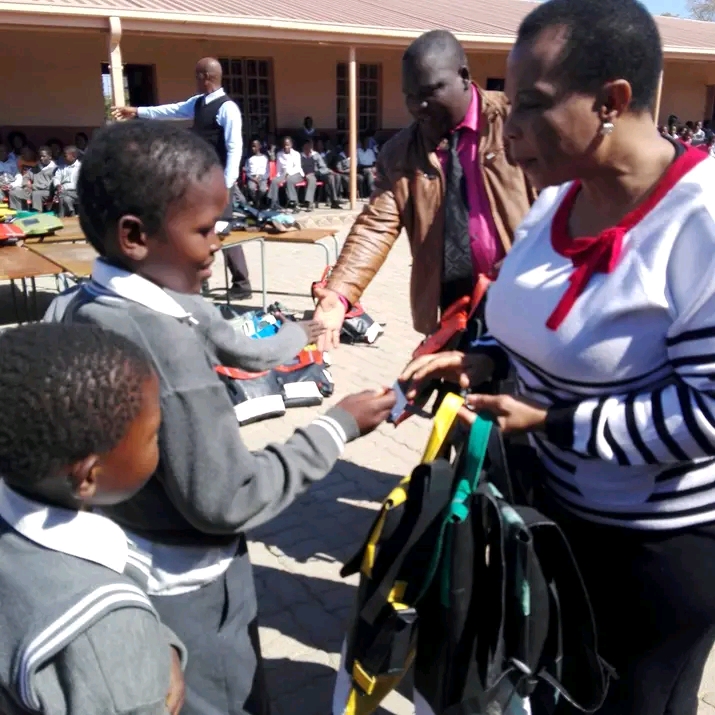
Strategic Marketing That Connects
Repurpose Schoolbags’ marketing strategy focuses on storytelling, sharing the journeys of the children who receive the bags, the artisans who craft them, and the communities impacted. This narrative-driven approach creates emotional connections that engage supporters and funders.
Strategic partnerships with schools, NGOs, and government programs have also amplified the brand’s reach. By aligning with organizations that share its values, Repurpose Schoolbags has accessed new markets and funding opportunities without diluting its mission.
Overcoming Challenges with Resilience
No entrepreneurial journey is without challenges. Repurpose Schoolbags faced logistical issues, such as sourcing consistent quality materials and scaling production while maintaining standards. Funding constraints also tested the brand’s ability to expand rapidly.
Thato and her team tackled these challenges through persistent problem-solving and adaptability. Seeking grants, building strong stakeholder relationships, and prioritizing quality over quantity helped the brand sustain growth without compromising values.
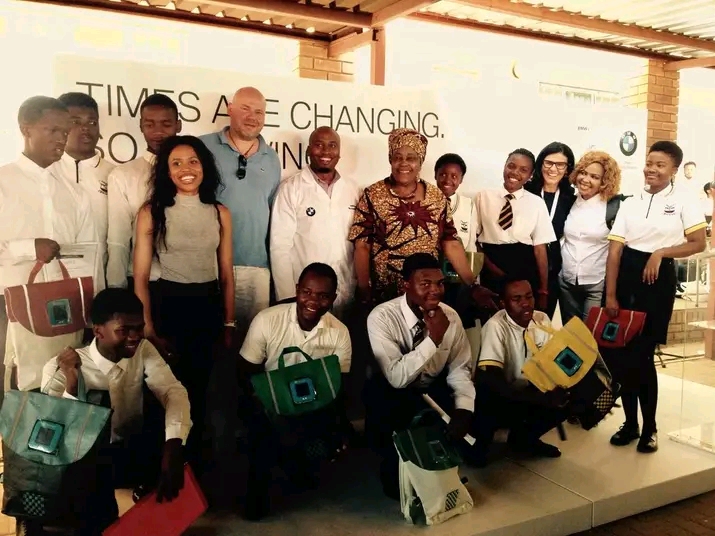
Expansion and Impact Growth
A key turning point came when Repurpose Schoolbags scaled its distribution network, delivering thousands of schoolbags to children across South Africa. This expansion demonstrated the model’s viability and attracted international attention.
The brand also expanded its product line and social initiatives, further embedding itself into community development. This growth shows the importance of scaling thoughtfully, ensuring the brand’s impact deepens even as it reaches more beneficiaries.
Actionable Lessons for Entrepreneurs
- Start with a clear social or environmental purpose: Purpose drives authenticity and attracts loyal supporters.
- Focus on quality and credibility: Proof of concept through rigorous testing builds trust.
- Innovate sustainably: Combine social impact with environmental responsibility for a powerful value proposition.
- Use storytelling to connect: Emotional narratives engage audiences beyond transactions.
- Build strategic partnerships: Collaborations expand reach and resources.
- Stay resilient and adaptable: Challenges will arise; persistence and flexibility are essential.
- Scale thoughtfully: Growth should deepen impact, not dilute it.
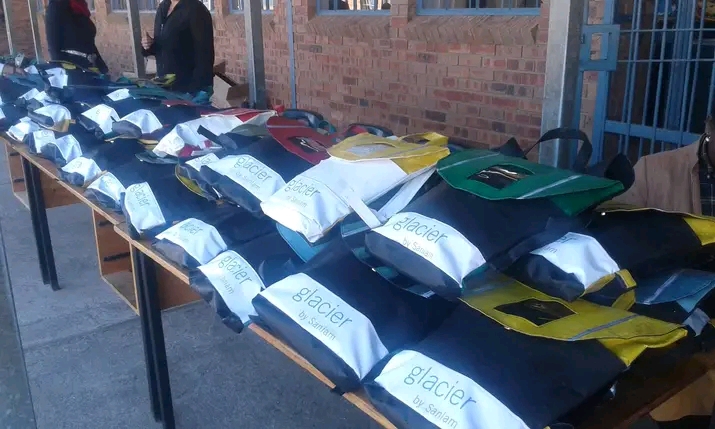
Looking Forward: Sustaining Innovation and Impact
Repurpose Schoolbags continues to innovate and expand its impact, aiming to create more opportunities for communities and address environmental challenges at scale. Thato Kgatlhanye’s leadership reflects a commitment to blending entrepreneurship with social responsibility, a blueprint for success in today’s market.
For aspiring entrepreneurs, the journey of Repurpose Schoolbags is a reminder that solving real problems with innovation, authenticity, and resilience can build a brand that is both successful and meaningful.


